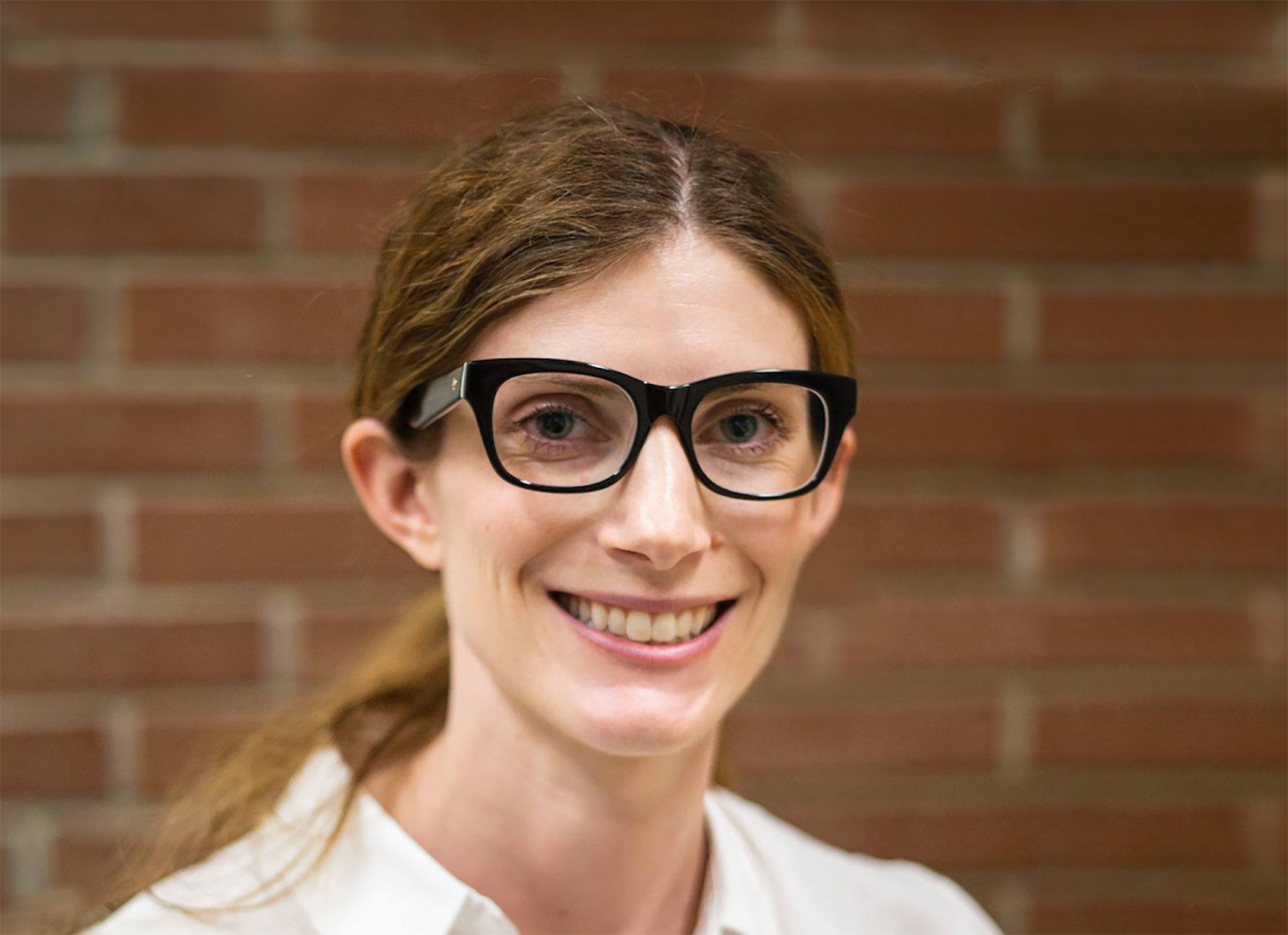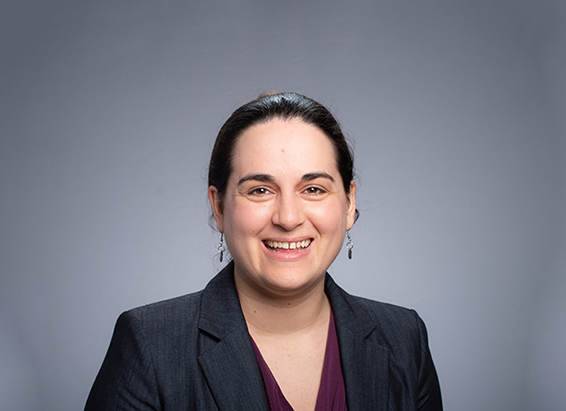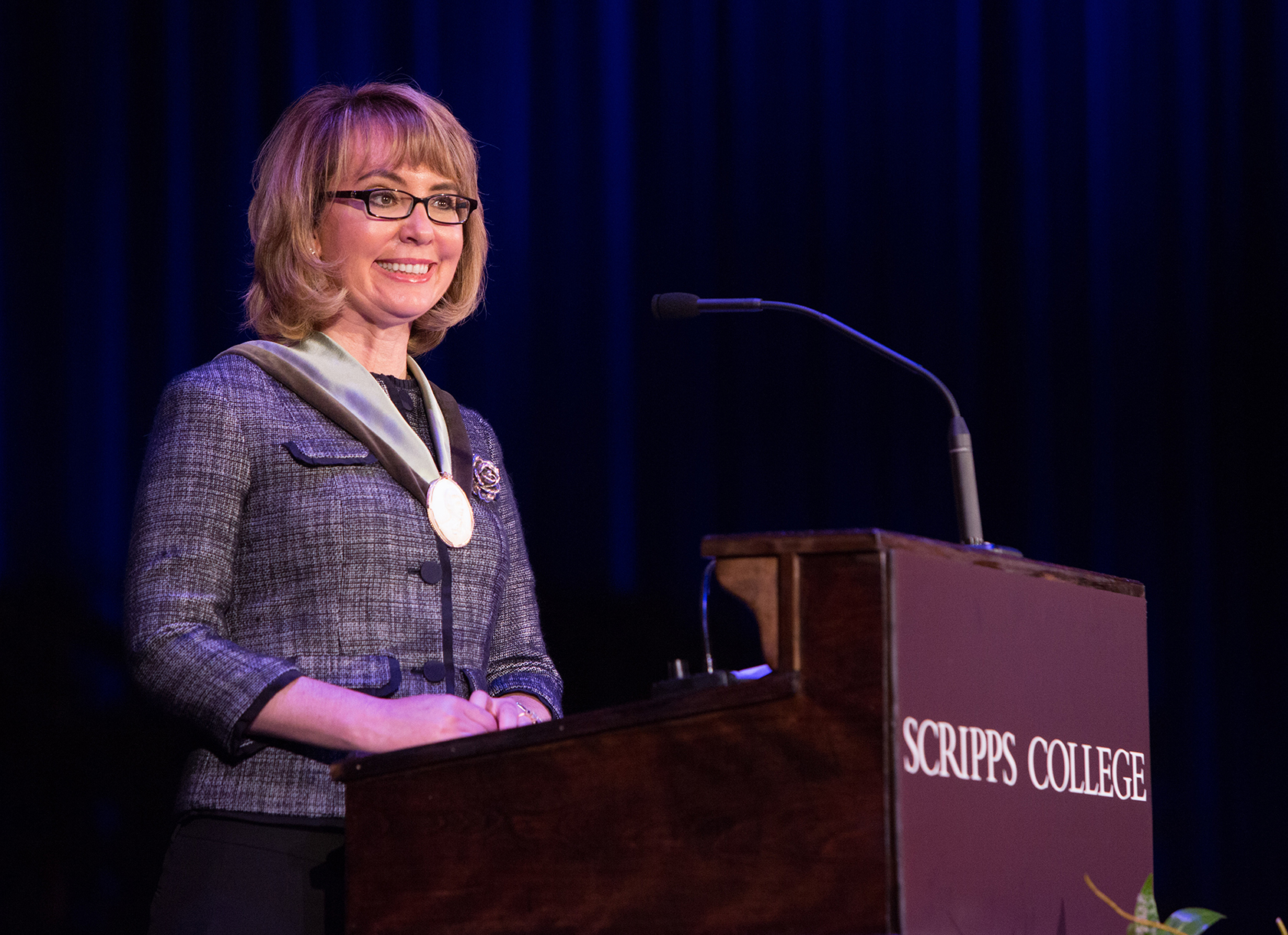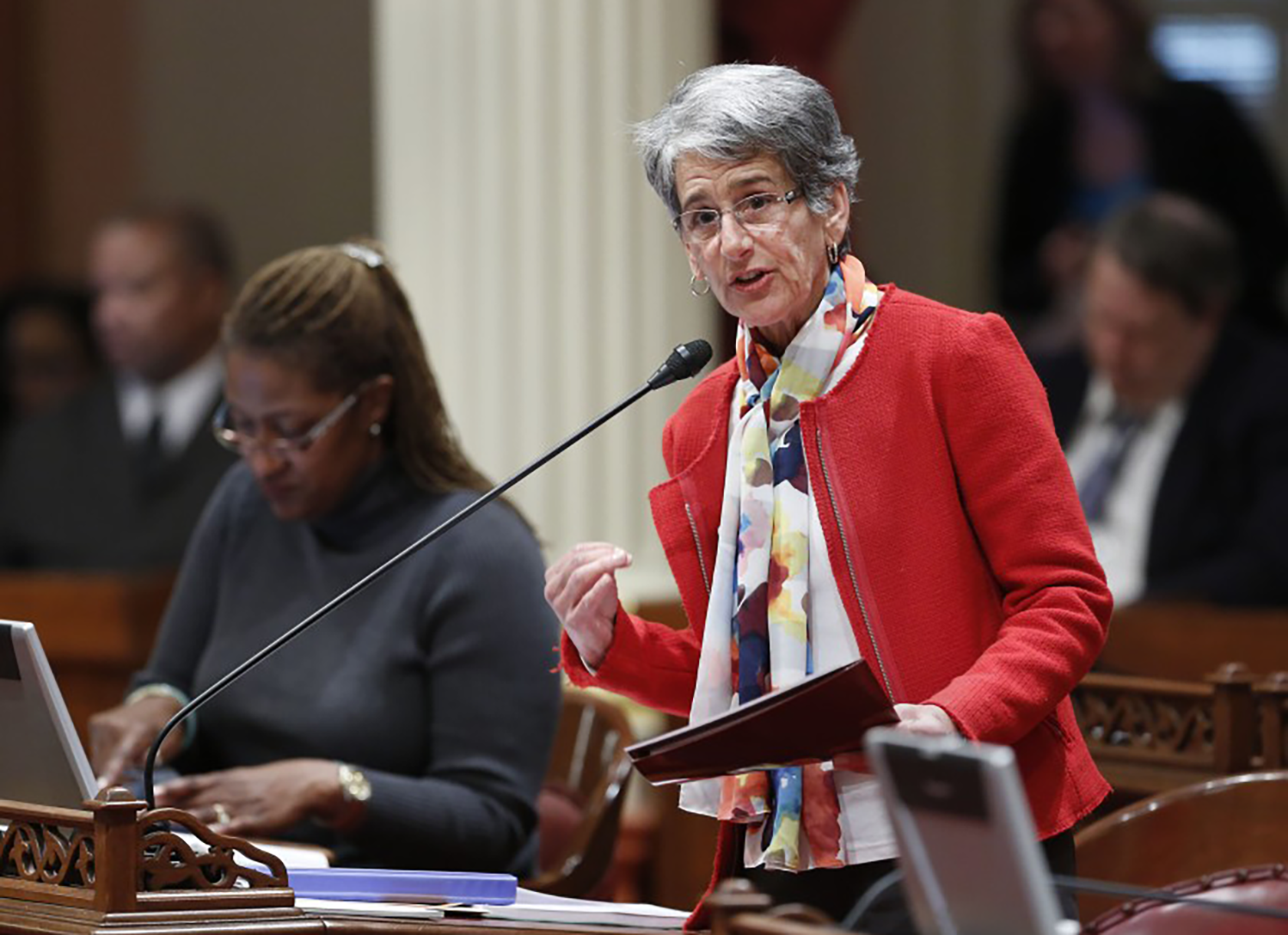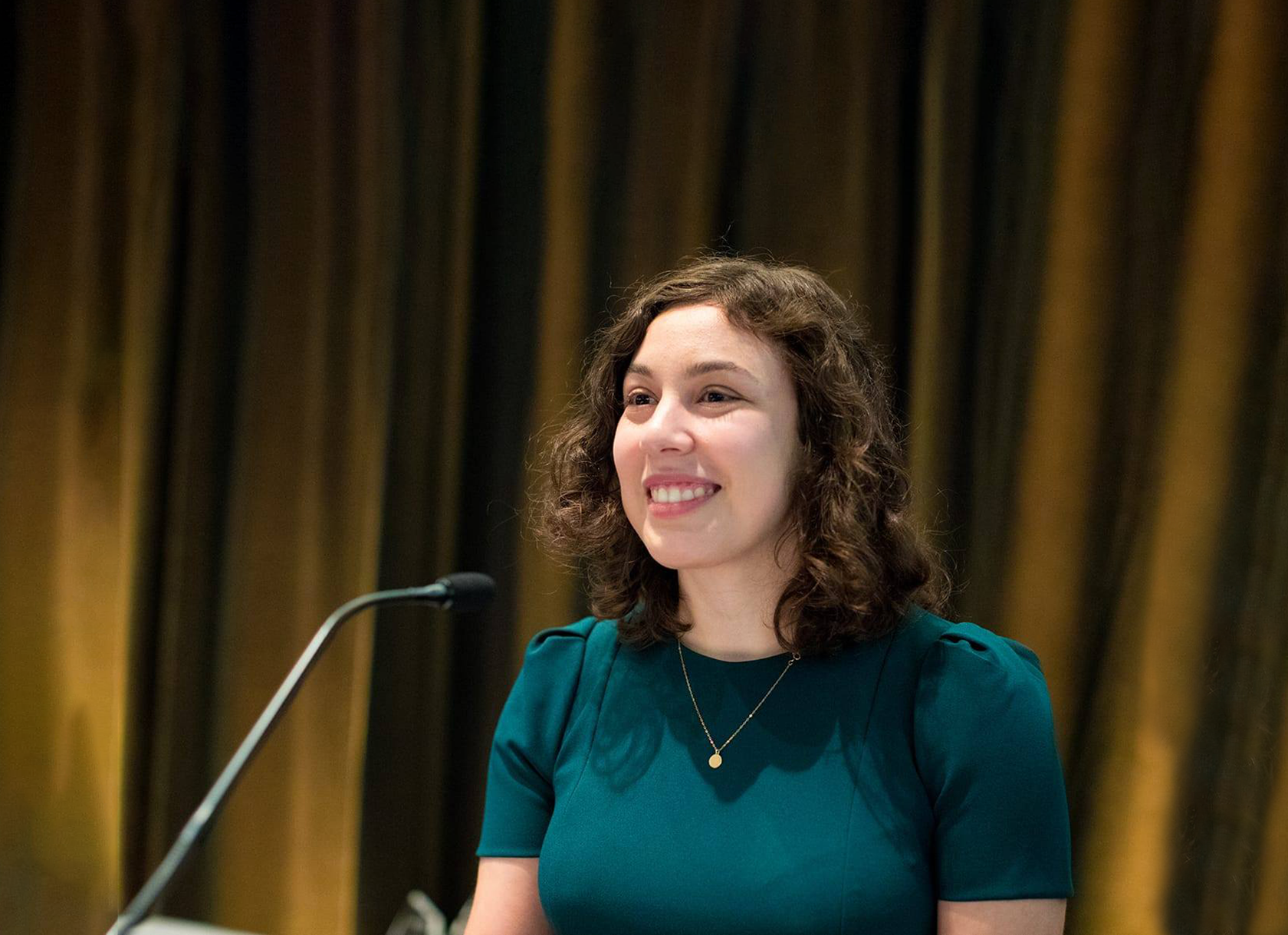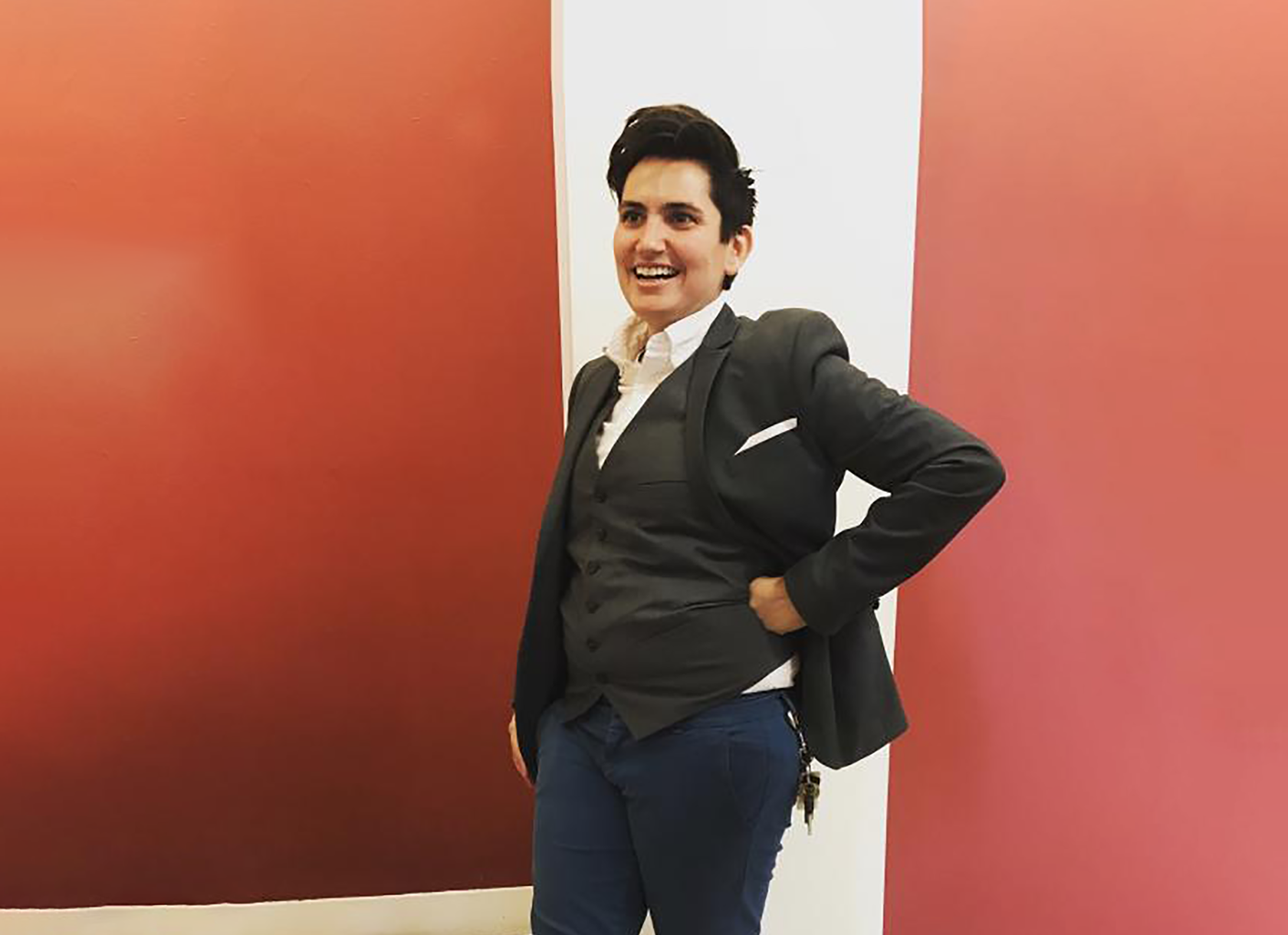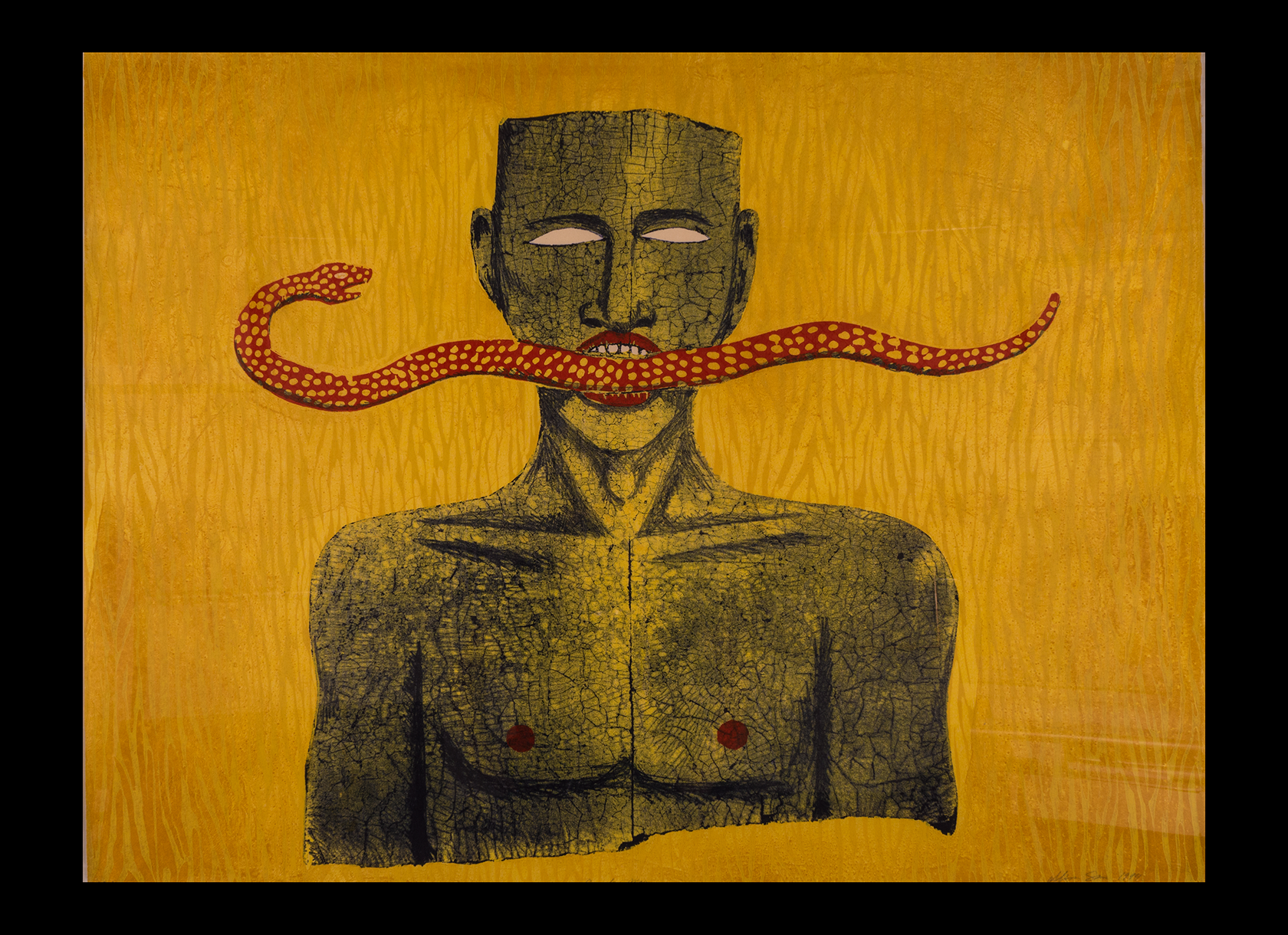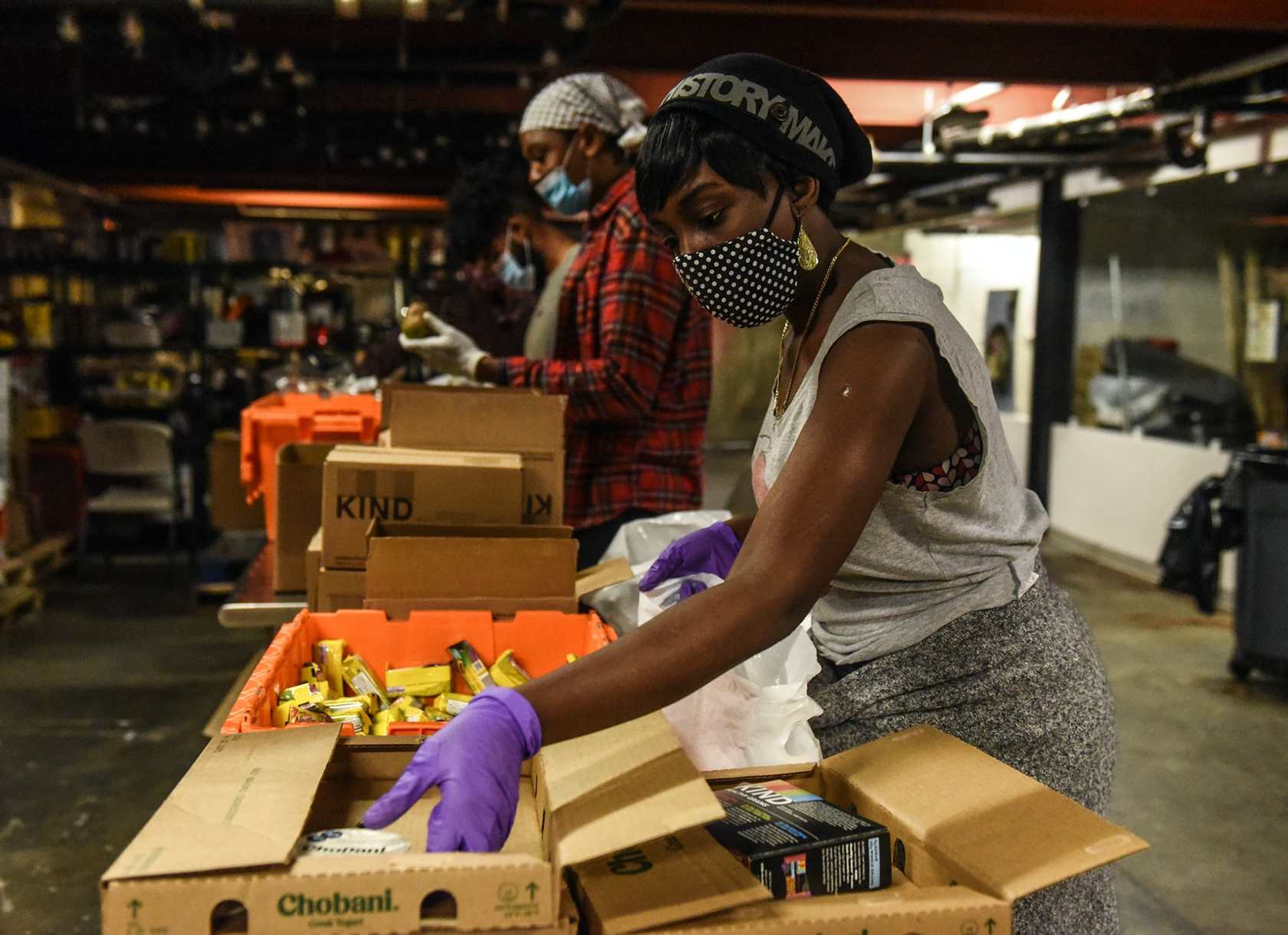Newsroom
Life After Scripps (page 12)
Visiting Lecturer Jessica Christian ’07 Connects the United States’ Past to Its Present
For Visiting Lecturer of History Jessica Christian ’07, the past is always present. Although she’s teaching an introduction to US history course, the subjects she’s covering—which include disease, colonization, environmentalism, and politics—feel both modern and familiar in a year marked by a global pandemic, protests for racial justice, and an unprecedented presidential election season.
Read MoreCareer Conversations Returns, Offering Alums Tactical Resources for Navigating Career Transition
This fall, the Office of Alumnae Engagement and Career Planning & Resources will partner for the return of Career Conversations, a webinar series designed to provide alums with professional career guidance.
Read MoreSummer Thyme ’06 Awarded Mallinckrodt Grant for Study of Zebrafish Neurodevelopment
Summer Thyme ’06, an assistant professor of neurobiology at the University of Alabama at Birmingham, was awarded a prestigious Mallinckrodt Grant to study the neurological development of zebrafish. Because zebrafish share 70 percent of their genes with humans, Thyme hopes that her research will identify the genes that may play a part in human neurodevelopmental disorders such as schizophrenia.
Read MoreIn the Media: Vanity Fair Profiles Gabby Giffords ’93’s Fight to Combat Gun Violence
Gabby Giffords ’93, a former congresswoman from Arizona, was profiled in Vanity Fair for her ongoing work to combat gun violence.
Read MoreIn the Media: New York Times Profiles California State Senator Hannah-Beth Jackson ’71
The New York Times profiled Hannah-Beth Jackson ’71 for her work breaking down gender-based barriers in the California state senate.
Read MoreMaddy Ruvolo ’14 Discusses Transportation, Urban Planning, and New Mobility Services with the Disability Visibility Project
Maddy Ruvolo ’14 discussed public transportation, urban planning issues, and new mobility services, such as rideshare apps, scooters, and bike share systems, with the Disability Visibility Project. As part of her capstone project for her master’s program, Ruvolo, who is a disabled transportation planner, surveyed disabled residents of San Francisco about their experiences with new mobility technologies and services.
Read MoreClare Cannon ’08 Explores the Pandemic’s Effect on Psychological Health
Clare Cannon ’08, assistant professor of community and regional development at the University of California, Davis, is studying the pandemic’s effects on psychological health, stress, and resilience. Cannon hopes to use her research, which focuses on the pandemic’s exacerbation of social and environmental inequality, as well as intimate partner violence, to determine how people can receive better support during the coronavirus crisis.
Read MoreAlison Saar Returns Home with Scripps Presents and Gallery Exhibition
Perhaps you can go home again, after all: Scripps celebrates the return of alumna Alison Saar ’78, renowned sculptor and printmaker, this fall in Mirror, Mirror, The Prints of Alison Saar, from the Collections of Jordan D. Schnitzer and His Family Foundation. Saar, who unflinchingly confronts race and gender with a mix of bitter humor and tenderness, doesn’t confine her prints to paper.
Read MoreNeneki Lee ’99 to Discuss Labor Organization with the National Black Worker Center
Neneki Lee ’99 will take part in an online discussion about labor organization and progressive policies on Tuesday, September 8, at 4:00 p.m. EST, in partnership with Next100 and the National Black Worker Center.
Read MoreAgile Leadership for a Digital Age: Student Leadership Institute Embraces New Technology
The Student Leadership Institute (SLI) of Scripps’ Laspa Center for Leadership, held each August, is the starting point for the center’s annual programming, a time when student leaders come together as a community and plan for the year ahead. But during a pandemic that has rendered the patterns and practices of daily life unrecognizable, there is also the unanimous understanding across industries and organizations that leaders must now rethink how we convene, interact, and act.
Read More

